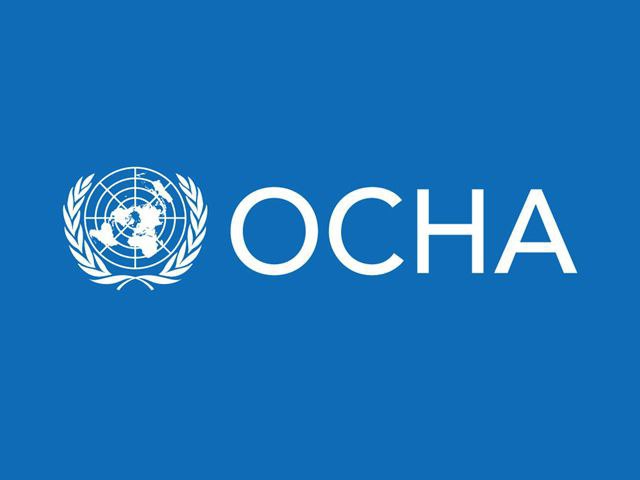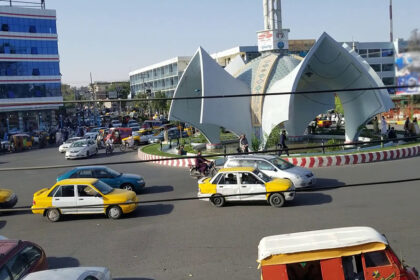RASC News Agency: The United Nations Office for the Coordination of Humanitarian Affairs (OCHA) has reported that 12.4 million people in Afghanistan are experiencing food insecurity. According to the report, 48% of the population, nearly half of the country’s citizens, live in poverty. The report highlights that approximately half of Afghanistan’s population is impoverished and destitute. Since the Taliban’s takeover of Afghanistan, unemployment and poverty have increased significantly.
OCHA’s report states that a total of 23.7 million people across Afghanistan are in need of humanitarian assistance. The report also notes that the humanitarian crisis in Afghanistan has been exacerbated by the increasing number of returning refugees from Iran and Pakistan. Daily, nearly or sometimes more than a thousand Afghanistani refugees are forcibly expelled from Iran and Pakistan and returned to Afghanistan.
OCHA identifies environmental challenges, including rising temperatures, changing precipitation patterns, persistent droughts, water shortages leading to widespread desertification, and flooding, as additional factors worsening the humanitarian crisis in the country. The organization has previously indicated that United Nations aid agencies face significant funding shortages for their humanitarian efforts.
OCHA warns that if sufficient and timely funding is not mobilized, the ongoing humanitarian crisis will deteriorate further. It is notable that since the Taliban’s ascension to power, unemployment and poverty have increased. Many citizens, fleeing poverty, unemployment, and insecurity, sought refuge in Iran, Pakistan, and other countries. However, Iran and Pakistan have forcibly expelled them. The Taliban’s rule is the primary cause of poverty and unemployment in Afghanistan, leading to the collapse of the country’s education, economy, and other critical sectors.






